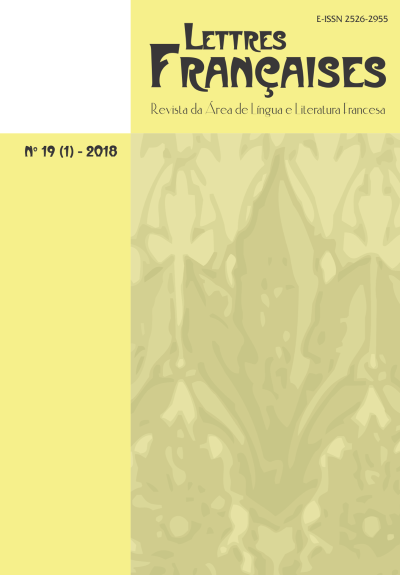Bernard, Bouvard and Pécuchet
Keywords:
Bouvard et Pécuchet, Gustave Flaubert, Claude Bernard, Medicine, 19th Century French Literature, Epistemology,Abstract
During the 19th century, which History remembers as the “Century of Scholars,” medical-scientific triumph flourishes. Following the words of famous French physiologist Claude Bernard, who wrote in his Introduction to experimental medicine that “medicine is heading towards its definite scientific path” (BENARD, 1865, p. 6, my translation), physicians and their apprentices abandon the bookish authority of medical treatises and the hazards of their subjective intuition, to invest – for good? – the rigor of scientific objectivity. Yet, the trials of reality bring with them their lot of ambivalence and contradiction, hinting that the “anatomical-clinical conversion” Bernard promotes may not be as “definite” as he hoped. This article will shed light on the paradoxical medical and literary (re)conversions that took place in the 19th century, through the medical chapter of Gustave Flaubert’s Bouvard et Pécuchet, published posthumously in 1881. It will also contrast the history of medicine as described by French surgeon Jean-Charles Sournia, and the medical-experimental perspective of Claude Bernard, a contemporary of Flaubert and his passionate copyists.Downloads
Published
23/01/2019
Issue
Section
Artigos
License
Os manuscritos aceitos e publicados são de propriedade da Revista Lettres Françaises. É vedada a submissão integral ou parcial do manuscrito a qualquer outro periódico. A responsabilidade do conteúdo dos artigos é exclusiva dos autores. É vedada a tradução para outro idioma sem a autorização escrita do Editor ouvida a Comissão Editorial.

